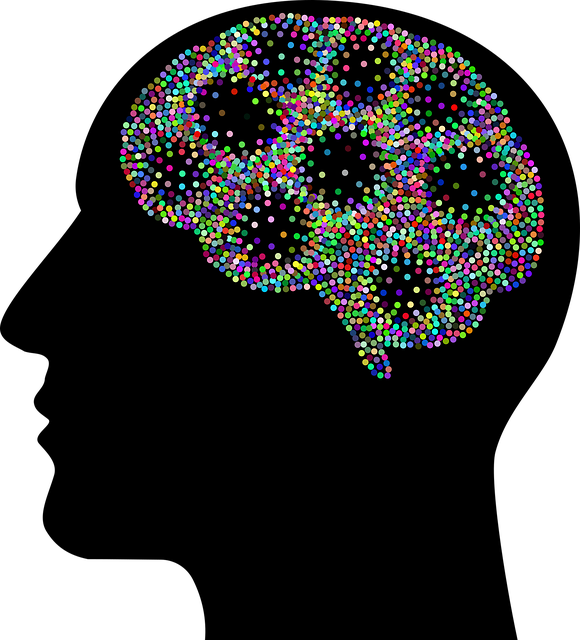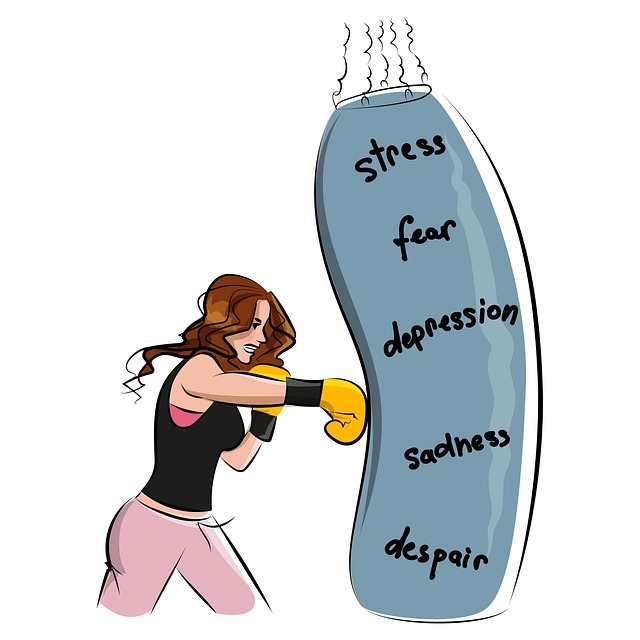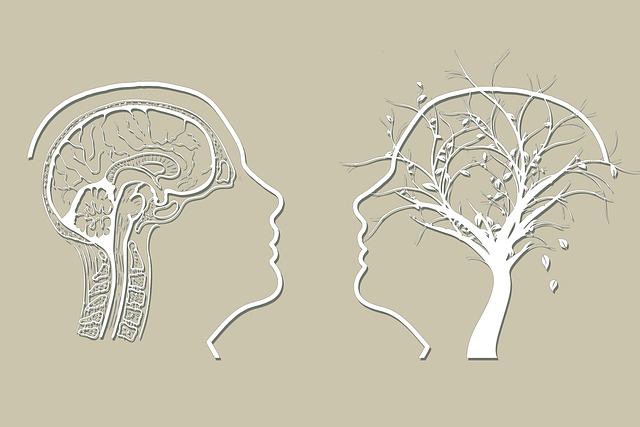Trauma from military service profoundly impacts young adults, requiring tailored support. Symptoms manifest emotionally, psychologically, and physically, with PTSD a significant concern. Effective strategies include mental wellness journaling, crisis intervention, and specialized therapy tailored to veterans' needs. Accessible community interventions, public awareness campaigns, and integrated evidence-based practices destigmatize mental health issues and offer immediate crisis support. Holistic approaches like CBT, mindfulness, and exposure therapy empower young adults and veterans to manage trauma symptoms, improve mental wellness, and prevent depression. Addressing barriers to care through education and cultural sensitivity ensures these individuals access necessary therapy for successful reintegration and well-being.
Trauma support services are vital for young adults and veteran populations grappling with the aftermath of traumatic events. This article explores the profound impact of trauma on vulnerable individuals, focusing specifically on young adults and veterans. We delve into the unique challenges they face and examine existing support services, evaluating their effectiveness. By integrating diverse therapy approaches, we aim to highlight strategies for optimal care. Additionally, we discuss building access to trauma support for young veterans, ensuring they receive the necessary assistance for healing and recovery.
- Understanding Trauma and Its Impact on Young Adults
- The Unique Needs of Veteran Populations
- Existing Support Services and Their Effectiveness
- Integrating Therapy Approaches for Optimal Care
- Building Access and Accessibility to Trauma Support for Young Veterans
Understanding Trauma and Its Impact on Young Adults

Trauma, whether it stems from military service or other experiences, can significantly impact young adults, often leaving them struggling with emotional and psychological scars. This demographic faces unique challenges as they navigate their transition into adulthood while grappling with the aftermath of traumatic events. The effects of trauma can manifest in various ways, including intense emotions, flashbacks, nightmares, and even physical symptoms like increased heart rate or pain. These reactions are the brain’s way of processing and trying to make sense of overwhelming experiences.
Supporting young adults who have experienced trauma requires a nuanced approach. Therapy for veterans specifically tailored to their unique experiences can be immensely beneficial. Techniques such as mental wellness journaling exercises and crisis intervention guidance can help them process their trauma, develop coping strategies, and foster resilience. By providing these individuals with the right tools and support, we can aid in depression prevention and promote overall mental wellness, enabling them to lead fulfilling lives despite their past traumas.
The Unique Needs of Veteran Populations

Veteran populations often present unique challenges when it comes to trauma support services. Many veterans face specific issues related to their military service experiences, such as post-traumatic stress disorder (PTSD), which requires specialized therapy for young adults etherans. The transition from military to civilian life can be particularly difficult, leading to feelings of disorientation and isolation that impact their mental illness and overall emotional well-being.
Addressing these unique needs involves not only providing access to effective therapies but also tackling the pervasive stigma associated with mental illness among veterans. Mental illness stigma reduction efforts, including public awareness campaigns development, play a crucial role in encouraging veterans to seek help without fear of judgment. Emotional well-being promotion techniques tailored to their experiences can help veterans rebuild and thrive after their service, ensuring they receive the comprehensive support they deserve.
Existing Support Services and Their Effectiveness

The landscape of trauma support services has evolved significantly, offering a range of options for young adults and veterans navigating mental health challenges. Traditional therapy models, while effective for many, often require significant personal resources and commitment. As such, there’s a growing emphasis on accessible, community-based interventions tailored to the unique needs of this demographic. These include group therapy sessions designed to foster camaraderie and peer support, addressing trauma in a shared context that can be less intimidating than individual therapy.
Public Awareness Campaigns Development plays a crucial role in destigmatizing mental health issues, encouraging young adults and veterans to seek help early. Crisis Intervention Guidance, readily available through various hotlines and online resources, provides immediate support during acute distress. Furthermore, integrating evidence-based practices into these services has shown promise in improving outcomes, with risk assessments helping professionals tailor interventions for optimal effectiveness.
Integrating Therapy Approaches for Optimal Care

Integrating different therapy approaches offers a holistic approach to trauma support, catering to the diverse needs of young adults and veterans. Many services now recognize that combining cognitive behavioral therapy (CBT), mindfulness-based practices, and exposure therapy can enhance care. CBT equips individuals with coping strategies by identifying and changing negative thought patterns, while mindfulness promotes present-moment awareness and emotional regulation.
For veterans dealing with post-traumatic stress disorder (PTSD) or burnout, this integrated approach can be life-changing. It empowers them to manage their symptoms, improve mental wellness, and prevent depression. The Mental Wellness Podcast Series Production highlights the growing need for accessible resources like these, as it provides a platform to discuss various therapy techniques and their benefits in detail, reaching a wide audience seeking support for their mental health journey.
Building Access and Accessibility to Trauma Support for Young Veterans

Many young veterans face significant challenges when transitioning from military to civilian life, often experiencing trauma that requires specialized support. Accessing appropriate therapy for young adults who have served in the armed forces is a critical step towards healing and reintegrating into society. One of the primary hurdles is ensuring these services are accessible, taking into account both physical and psychological barriers.
Developing comprehensive mental health education programs tailored to veterans’ unique experiences can enhance their willingness to seek help. Incorporating compassion cultivation practices within these therapies has shown promise in fostering resilience and connection. Additionally, cultural sensitivity in mental healthcare practice is essential, recognizing the diverse backgrounds and potential trauma responses of veteran populations. By addressing these aspects, service providers can create a welcoming environment, encouraging young veterans to access the care they need, ultimately improving their overall well-being.
Trauma support services for young adults, especially veterans, require a comprehensive approach that integrates various therapy methods. By addressing the unique needs of this demographic, we can ensure effective care and enhanced accessibility to healing resources. Understanding trauma’s profound impact and tailoring support systems accordingly is paramount in helping young veterans navigate their challenges and foster resilient coping mechanisms. Expanding access to specialized therapy for young adults within veteran populations is a crucial step towards a brighter, more supportive future.








